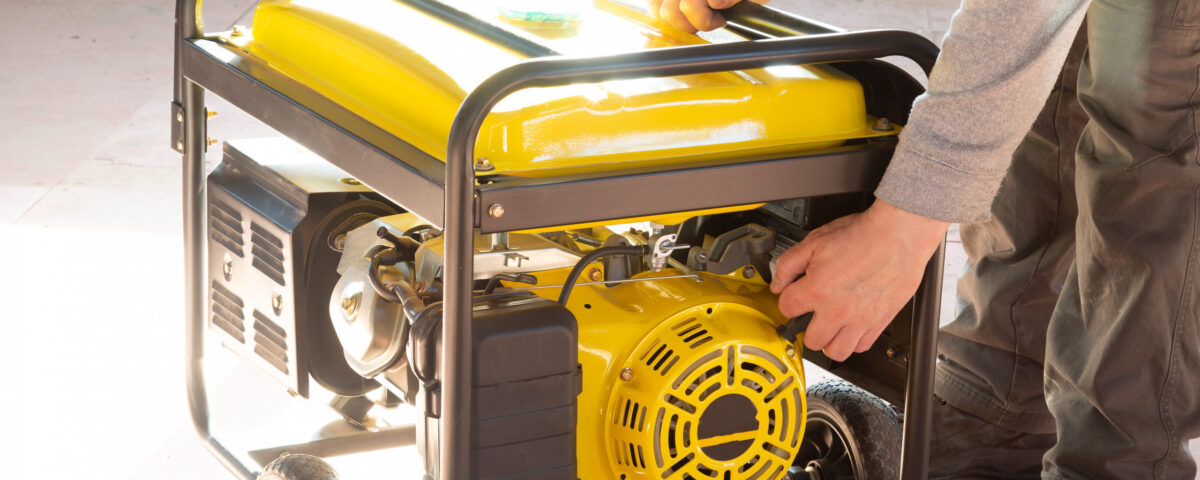When the power goes out, a generator can be a great resource for returning comfort to your home. Whether portable or permanently installed, standby generators can come in handy when the power clicks off, especially during those hot summer day outages or cold winter night outages. But while generators can be helpful, they can also be dangerous when operated incorrectly.
Finding the Right Generator for You
To determine what generator works best for your needs, how to operate it properly, and to get it installed correctly, be sure to contact a qualified electrician or vendor. When it comes time to operate the generator, a quick read-through of the manufacturer’s instructions can be a great way to ensure you’re using the generator in a safe manner.
Permanent Generator Tips
If you’re using a permanent generator, be sure that it has a transfer switch. When there’s an outage, our crews will de-energize the lines to ensure they can safely interact with electrical equipment. The transfer switch prevents back feeding, which is when energy from a generator goes back onto our electrical equipment, re-energizing the lines. Back feeding can be extremely deadly to crews working on electrical equipment, so it’s important to have a qualified electrician install your generator and transfer switch.
Portable Generator Tips
Portable generators can be a more affordable option for those who like to have backup power available but don’t want to install something on their home. Even so, it’s important to take the proper safety steps to keep those in your home and our line crews safe. Be sure to do the following whenever utilizing a portable generator:
- Operate it outdoors in an area with plenty of ventilation. Never run a generator in a home or garage, as generators give off deadly carbon monoxide.
- Do not plug a generator into the wall, as this can cause back feeding, which can endanger our crews.
- Use heavy-duty extension cords to connect appliances to the outlets on the generator itself.
- Turn the generator on before plugging appliances into it. Once the generator is running, turn your appliances and lights on one at a time to avoid overloading the unit. Remember, generators are for temporary usage, so prioritize your needs.
- Generators pose electrical risks, especially when operated in wet conditions. If it’s necessary to use a generator when the weather creates wet or moist conditions, be sure to protect the generator by operating it under an open, canopy-like structure on a dry surface where water cannot form puddles or drain under it. Always ensure that your hands are dry before touching the generator.
- Be sure the generator is turned off and cool before fueling it.
- Always keep children and pets away from portable generators. Many generator components are hot enough to burn you during operation.
We also suggest that generator safety guidelines, as well as basic operating instructions, be posted in the home and with the generator. You can’t always guarantee that the person who knows how to operate the generator will be home or able to start it. If it has been a while since you last needed the generator, it can also be a good refresher on safe practices.
Additional safety resources can be found online at SafeElectricity.org.

